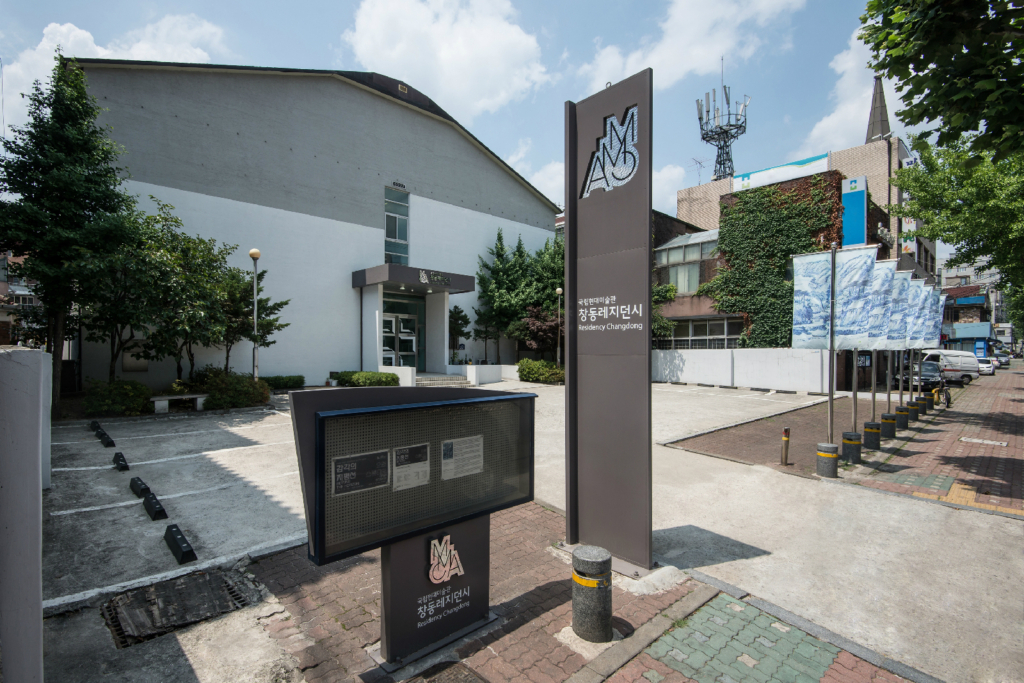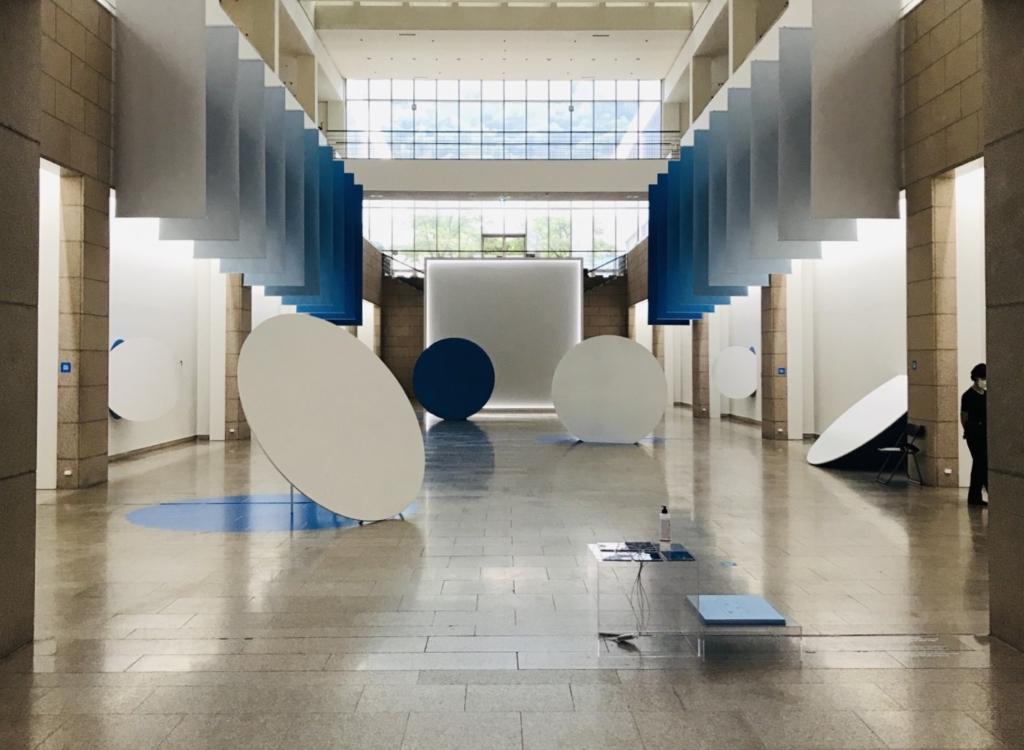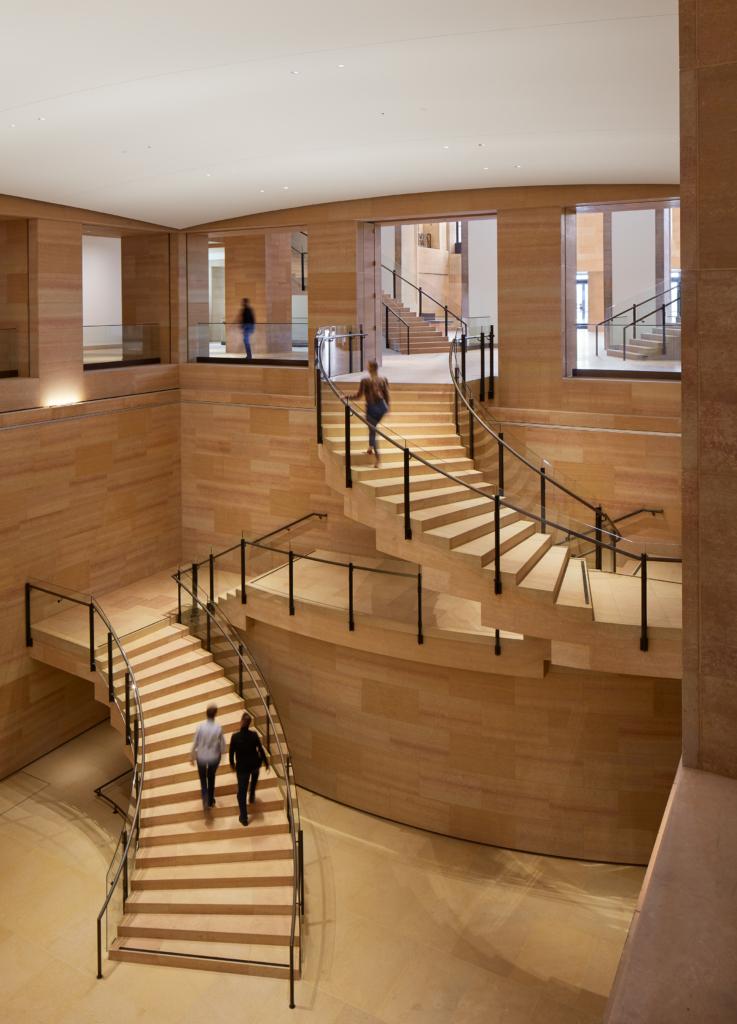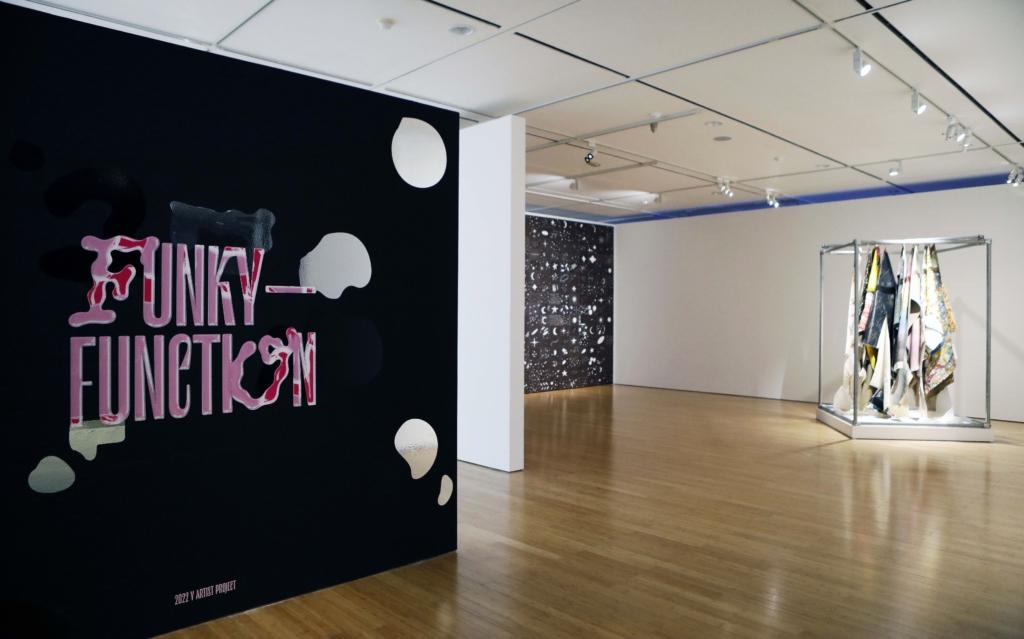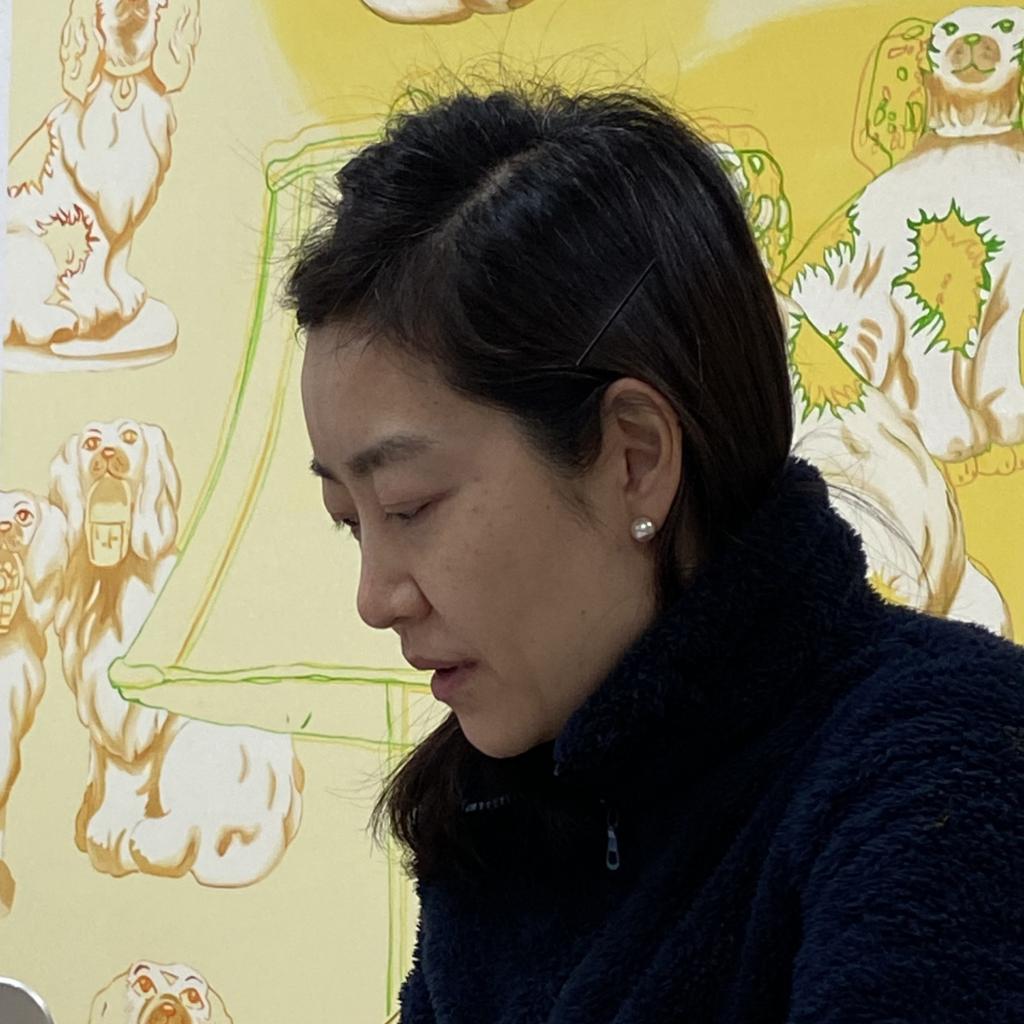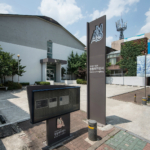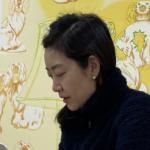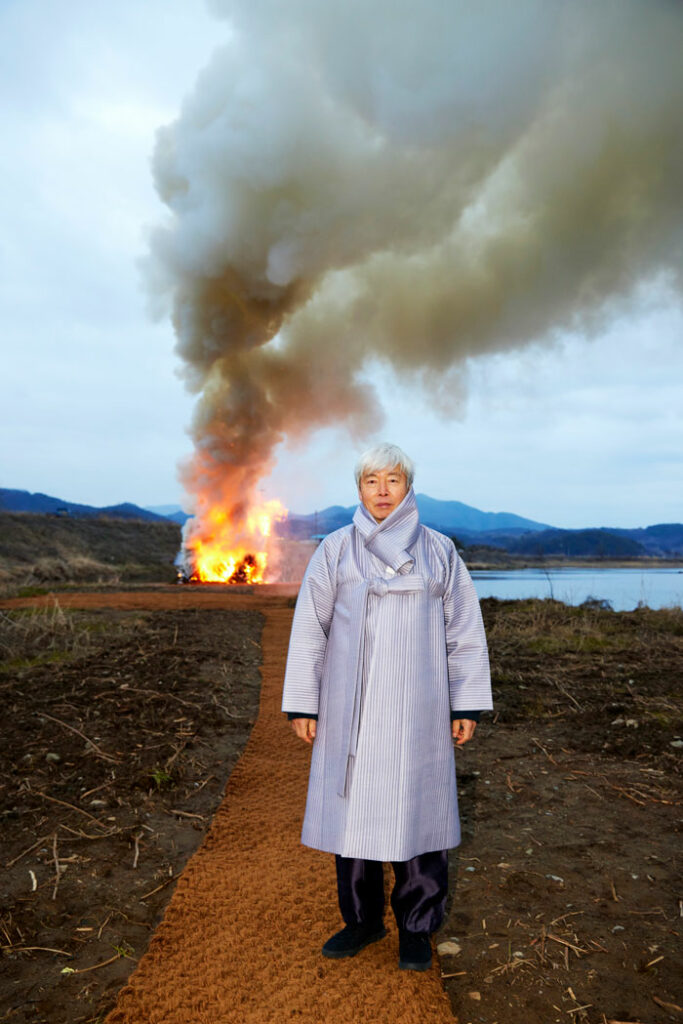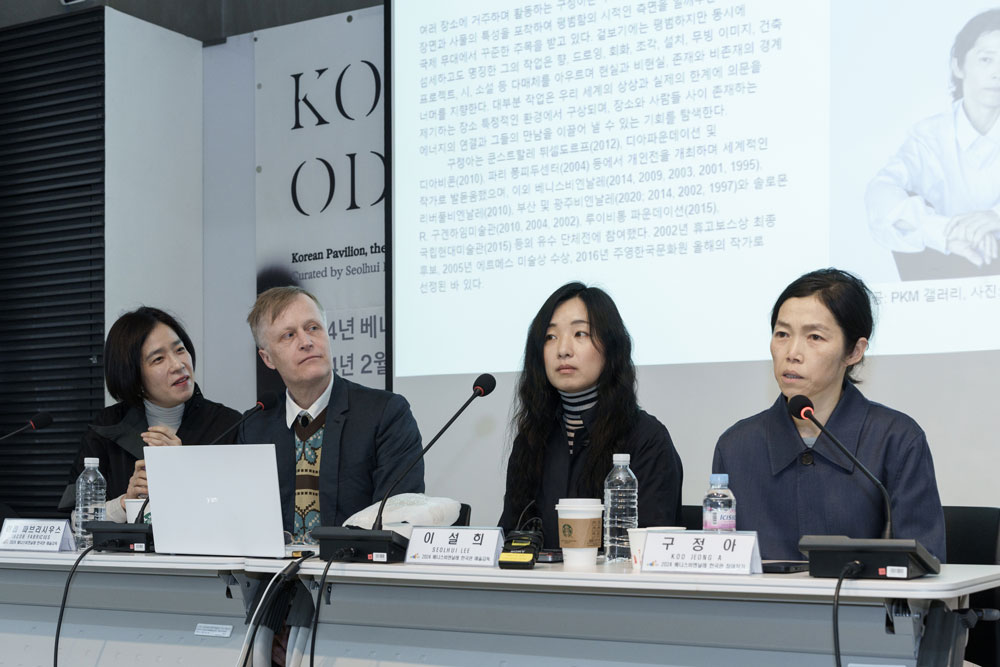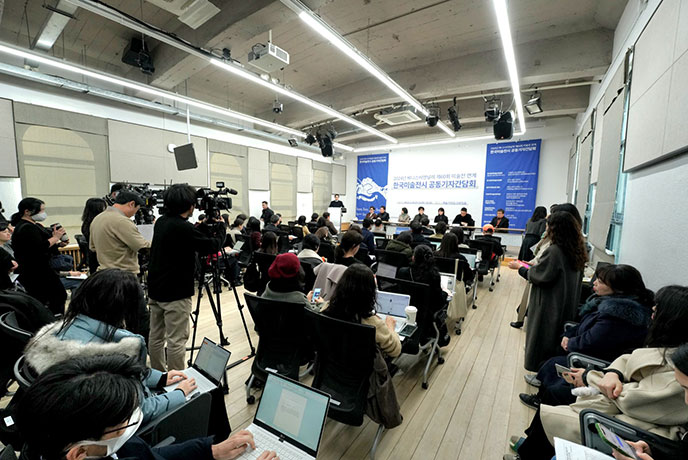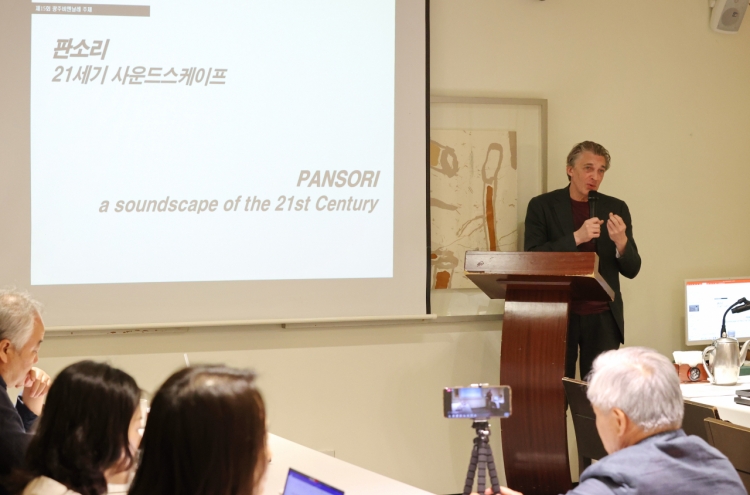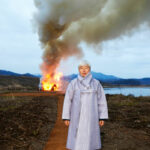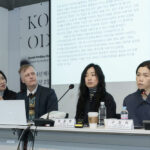Art Critic and Curator Nicolas Bourriaud Named Artistic Director of the 2024 Gwangju Biennale
French art critic and curator Nicolas Bourriaud has been named artistic director of the 15th Gwangju Biennale in 2024.
Maurizio Cattelan’s Comedian (2019) is on view in his solo exhibition, WE, at the Leeum Museum of Art in Seoul. The piece is a raw banana duct-taped to a wall. Recently, the work drew attention once again when a visitor ate a banana from the artwork because he was hungry.
A similar incident happened earlier at Art Basel Miami in 2019. A $2 banana gained much attention when it was sold for $120,000, but it became even more newsworthy when the price went higher after a separate performance artist ate the art piece. Many have satirized the incident and mocked the contemporary art system, even regarding it as an insult, as people already think contemporary art is esoteric enough.
But it is not the banana on the wall that is important in this piece – what the amount of $120,000 means is that the artist’s concept and ideas are worth that much.
Then, what is the idea behind his artwork? Since gaining international recognition in the 1990s, Cattelan has created works that consider the relationship between the viewer and the work.
Cattelan’s works are less about the artwork itself and more about how well it connects with the audience and how the social context surrounding the artwork encourages discussion and even solidarity among those who share it.
In the 1990s, there was a common thread in the art of Catalan and his contemporaries. And it was the French art critic and curator Nicolas Bourriaud who discovered and established this commonality as a theory of relational aesthetics, which continues to have a profound impact on the art world to this day.
The concept first appeared in an exhibition called Traffic at the CAPC contemporary art museum in Bordeaux, Paris, in 1996, where Bourriaud brought together works by artists such as Maurizio Cattelan, Philippe Parreno, Dominique Gonzalez-Foerster, Liam Gillick, Christine Hill, and Rirkrit Tiravanija.
The term was coined in 1998 in Bourriauds’s book Relational Aesthetics, which had a major impact on the contemporary art world as well as other arts and cultural industries in the 1990s, especially in Europe.
The concept of Bourriaud’s relational aesthetics sees art as part of reality and interaction. The works that fall under the scope of the relational aesthetic all adopt different methods and issues, but they have one thing in common: they deal with reality, and their main concern is human interactions within society. Relational aesthetics involves creating temporary environments that engage the audience in the message the artist is trying to convey. In these works, materials, content, and form take a lower priority, and interaction and experience become more central.
Recently, Nicolas Bourriaud, who has introduced this important concept to the contemporary art world, has been named artistic director of the 15th Gwangju Biennale, which will take place in 2024.
Next year, the Gwangju Biennale will celebrate its 30th anniversary. Bourriaud’s appointment is part of the foundation’s strategy to strengthen the Biennale’s essential role as a platform for contemporary art discourse.
According to the Gwangju Biennale Foundation, “Bourriaud’s ability to deeply and maturely address some of the most pressing issues humanity faces today, strong planning, execution skills, and theoretical foundation make him a fitting choice.” As an important theoretical contributor to the art world, he will be working to diagnose contemporary social phenomena and convey forward-looking discourse and vision for the upcoming biennale.
“I feel honored to be able to contribute to the Gwangju Biennale, which is the most important biennial in Asia and one of the most inspiring art events in the world since 1995. The Gwangju Biennale will always reinvent itself, and I am aware of the high stakes generated by its 30th anniversary,” Bourriaud said upon his appointment.
He added, “The exhibition will address a universal and apparently simple theme, our relation to space. Although it may seem straightforward, this theme will be challenging to explore because redrawing or redefining space appears as a common issue between climate change, feminism, post-colonialism and the future of the planet. I envision the main exhibition as a cinematic journey, leading the audience through different ‘sequences.’ I intend to activate the city itself by infiltrating artistic elements throughout Gwangju.”
Nicolas Bourriaud was cofounder and codirector of the Palais de Tokyo in Paris, Gulbenkian curator for contemporary art at Tate Britain, and director of the École nationale supérieure des Beaux-Arts in Paris from 2011 to 2015. He is known for having extensive experience in curating large-scale exhibitions such as Tate Triennial 2009, Taipei Biennale 2014 and Istanbul Biennale 2019. He is the author of Relational Aesthetics (1998), Postproduction (2002), The Radicant (2009) and Inclusions: Aesthetics of the Capitalocene (2020).
Related Links
Aproject Company. Co., Ltd | Founder & CEO : Jay Jongho Kim
216 Dosan-Daero, B2F, Gangnam-gu, 06047 Seoul, Korea
Business Number : 894-88-01945
Contact : aproject.company@gmail.com
Mail-order-sales registration number : 제 2021-서울강남-04243 호


















